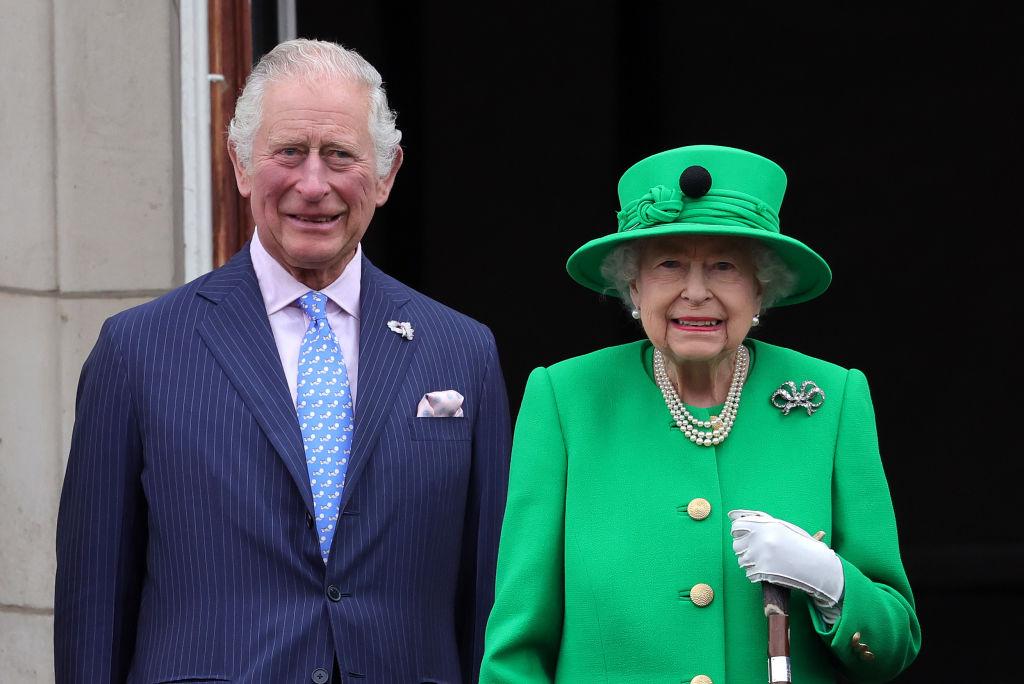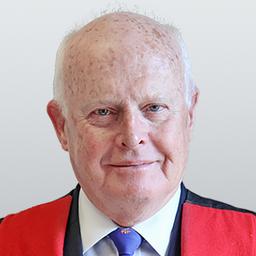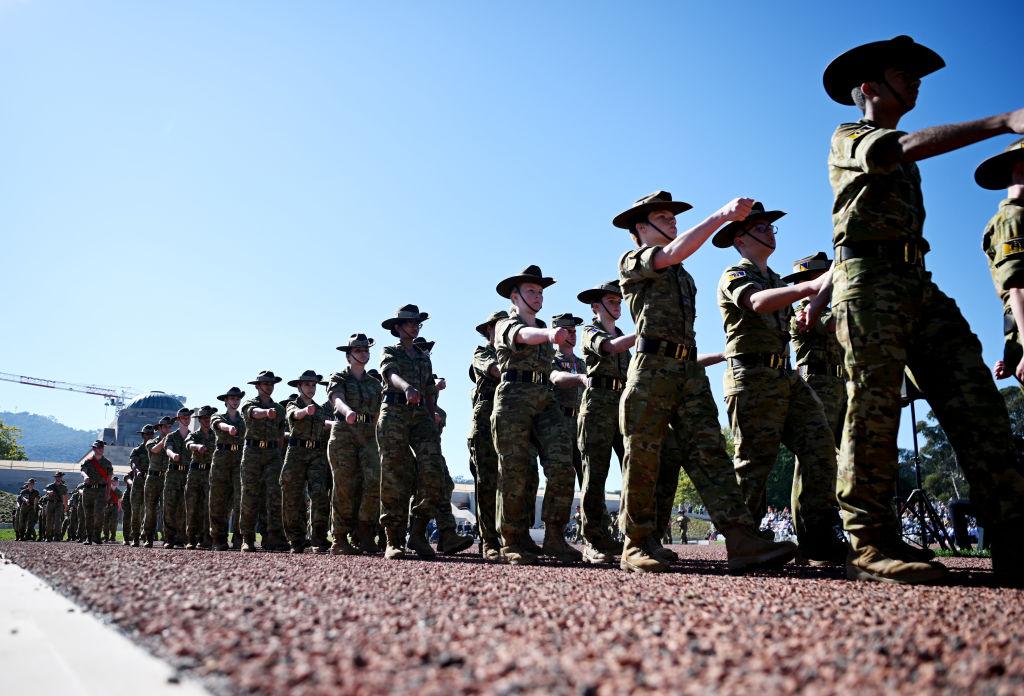Commentary
For most people throughout the whole world, the death of Queen Elizabeth II comes as a profound shock. Not unexpected, of course, after so long a reign, but cataclysmic in its emotional and social impact. Few people in the Commonwealth have lived their lives under the reign of any other sovereign. I am one of the few who remember my own very tearful reaction at the age of seven when King George died.





